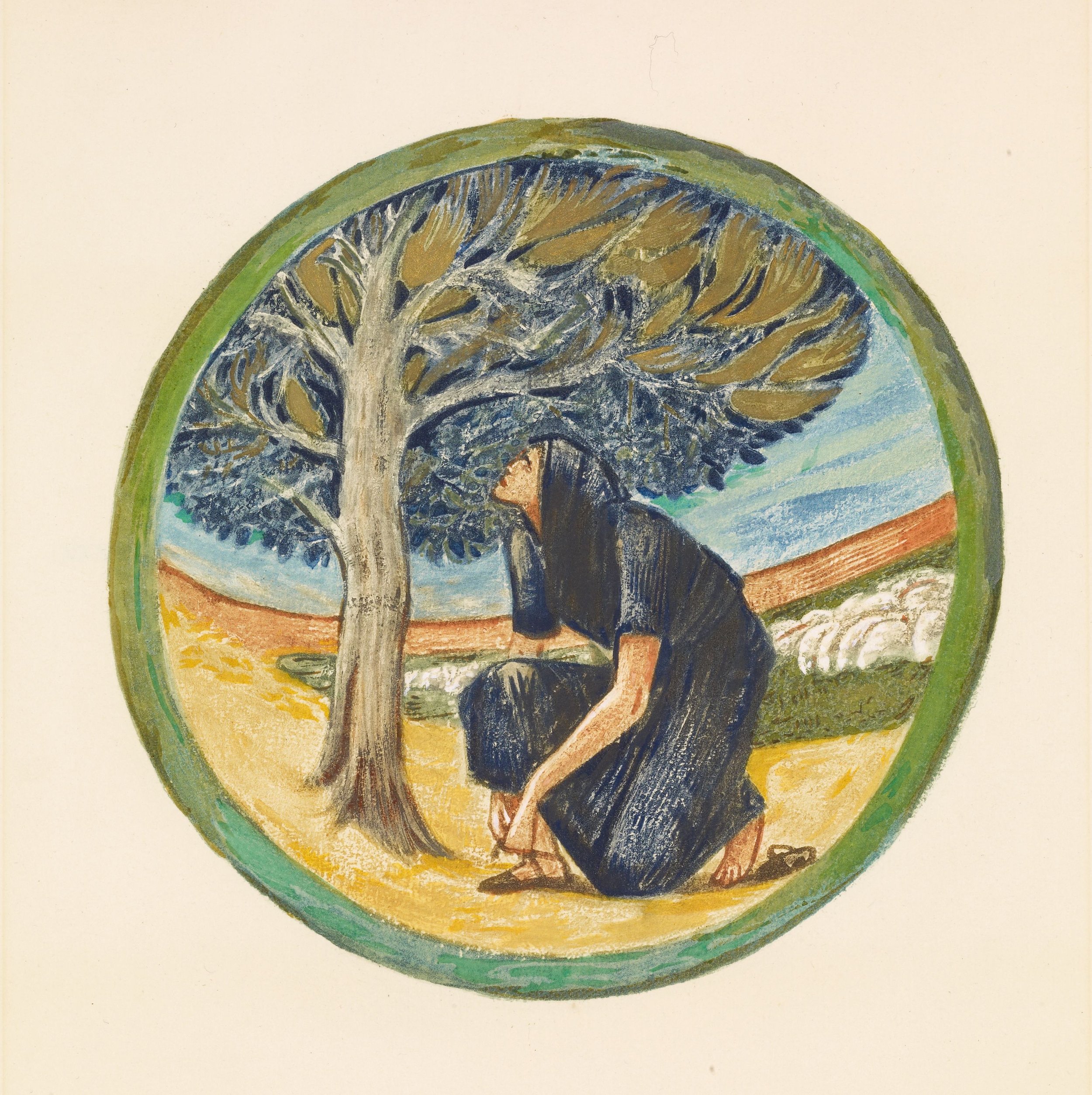Transforming Fire
Dr. Mayra Rivera talks to Dr. Mark Jordan about his recent book on imagining Christian teaching
“Fire Tree” from The Flower Book (1905) by Sir Edward Burne-Jones. Source: The Birmingham Museum
In this episode of OP Talks, President of the American Academy of Religion Dr. Mayra Rivera and American Academy of Arts and Sciences Fellow Dr. Mark D. Jordan discuss his recent book Transforming Fire: Imagining Christian Teaching (Eerdmans, 2021). Among the questions Dr. Jordan engages are: What was Jesus’s teaching pedagogy? Considering that he taught in a variety of ways—parable, discussion, miracle performance, ritual observance—how should modern-day Christian teaching happen, especially in a time of significant change to theological education as an institution?
Whether teaching Matthew or the Platonic dialogues or Santa Teresa, Dr. Jordan sees his own pedagogy as an attempt to “reactivate that transmission right so [that] it becomes a living thing rather than just inert information passed down, so that the student can actually begin to feel this continuity of instruction of shaping that's passing down."
Along with the book, this conversation is part of the Theological Education between the Times (TEBT) series, an initiative out of HTI member school Emory University Candler School of Theology that "gathers diverse groups of people for critical, theological conversations about the meanings and purposes of theological education. The project begins with a recognition that theological education is between the times, on the way. And it works in the confidence that we do not walk this road alone."
“It may be hard to imagine a beautiful book about pedagogy. But Mark Jordan has given us one. More than a primer on great books or their consoling lessons in this age of existential panic about higher education, he shows how they teach. Evocative, disruptive, and learned, Transforming Fire is recommended not only for those interested in theological education, but all those who care about genuine learning.”
— Eric Gregory, Princeton University




